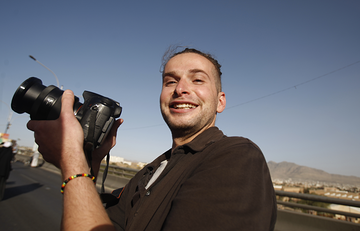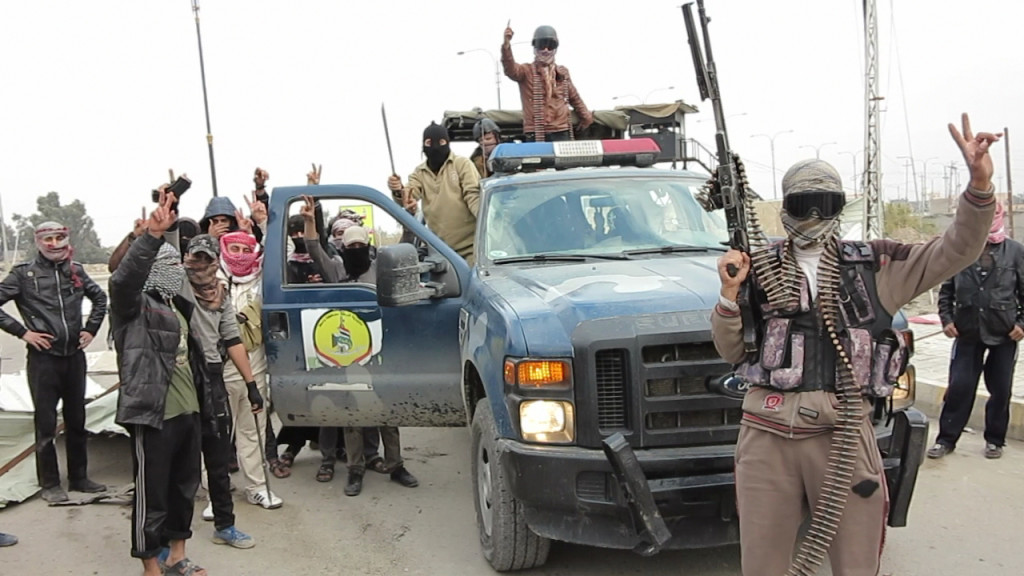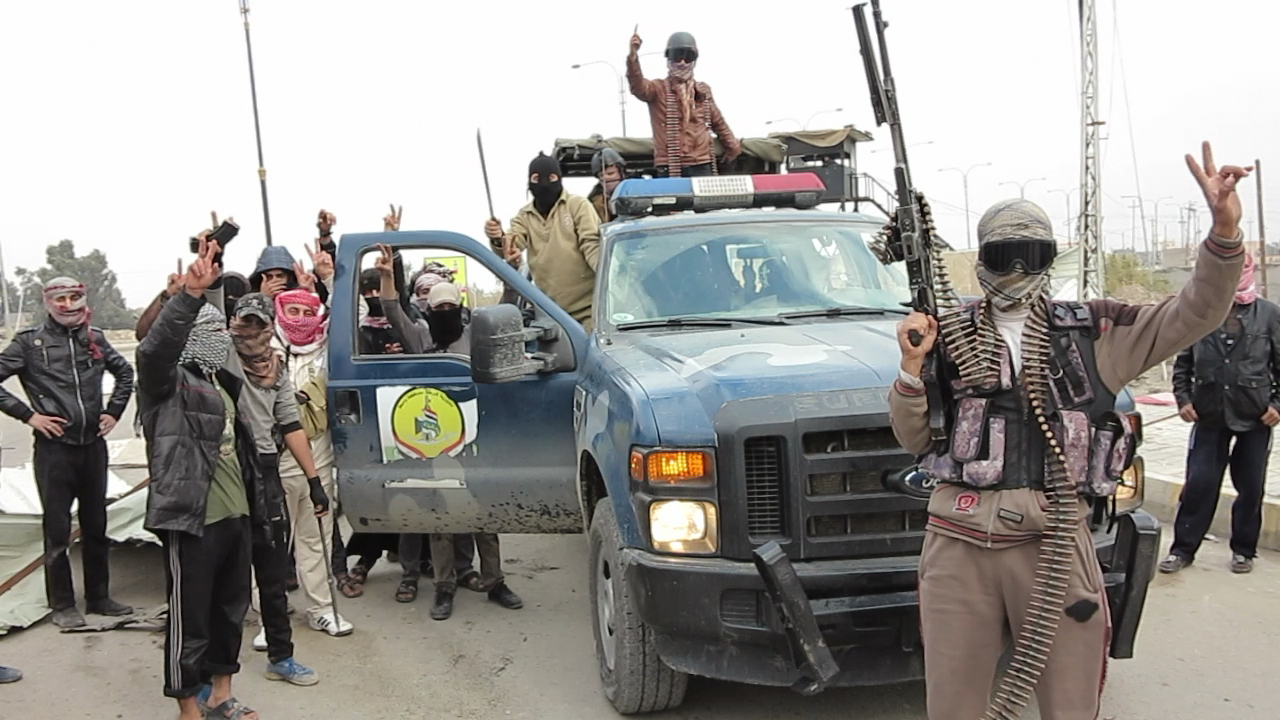Should the U.S. Meet Terrorists’ Demands for Hostages?

December 4, 2014
Share
An Al Qaeda affiliate has given the U.S. three days to meet its demands to save hostage journalist Luke Somers, once again reviving an agonizing debate: Should the U.S. meet the demands of terrorists when hostages’ lives are in danger?
Somers, 33, was abducted in 2013 in the Yemeni capital of Sanaa. In a video posted Wednesday, he says he is certain his “life is in danger” and explains that he was born in England but has American citizenship and lived in the U.S. for most of his life. The video also shows a person identified as a member of Al Qaeda in the Arabian Peninsula threatening to kill Somers unless the group’s demands are met.
Watch: Al Qaeda in Yemen FRONTLINE’s 2012 investigation of a growing Al Qaeda stronghold
The question of whether to pay ransom to win hostages’ release arose last month during a discussion about ISIS that included FRONTLINE filmmaker Martin Smith. Asked if he believes governments should pay ransom to bring kidnapped journalists home, Smith answered decisively: No.
“I’m not trying to sound heroic or brave at all,” said Smith, who has reported extensively in Iraq. “It’s simply a risk that comes with the work. A lot of people have jobs that entail a certain amount of risk, and I accept that that’s a risk. And I believe that the payment of ransom only promotes more hostage-taking.”
But ISIS and other groups still make money claiming ransoms because countries and businesses are far from unified in agreeing not to pay them.
“We live in a very difficult situation because a number of European countries readily pay ransom and the United States sits somewhere on the fence or doesn’t pay at all depending on the person,” Smith added. “I don’t expect to have a ransom paid.”
Another panelist, GroundTruth Project founder Charles Sennott, said the ransom debate needs to be pulled “into the light.” Oil executives are frequently kidnapped and their companies pay to save them, he said. The ransom money, along with sales of stolen oil, are a major part of ISIS’s funding, he said.
He said the debate was especially difficult for him because James Foley was reporting for GlobalPost, which Sennott co-founded, when he was captured and beheaded by ISIS.
“If it were my son, I would be thinking very hard about that equation. It gets a lot more blurry,” he said.
You can download our podcasts here or listen to the panel below (the discussion about ransom begins at the 35:20 mark):
Related Documentaries
Latest Documentaries
Related Stories
Related Stories
Explore
Policies
Teacher Center
Funding for FRONTLINE is provided through the support of PBS viewers and by the Corporation for Public Broadcasting, with major support from Ford Foundation. Additional funding is provided the Abrams Foundation, Park Foundation, John D. and Catherine T. MacArthur Foundation, Heising-Simons Foundation, and the FRONTLINE Trust, with major support from Jon and Jo Ann Hagler on behalf of the Jon L. Hagler Foundation, and additional support from Koo and Patricia Yuen. FRONTLINE is a registered trademark of WGBH Educational Foundation. Web Site Copyright ©1995-2025 WGBH Educational Foundation. PBS is a 501(c)(3) not-for-profit organization.





















